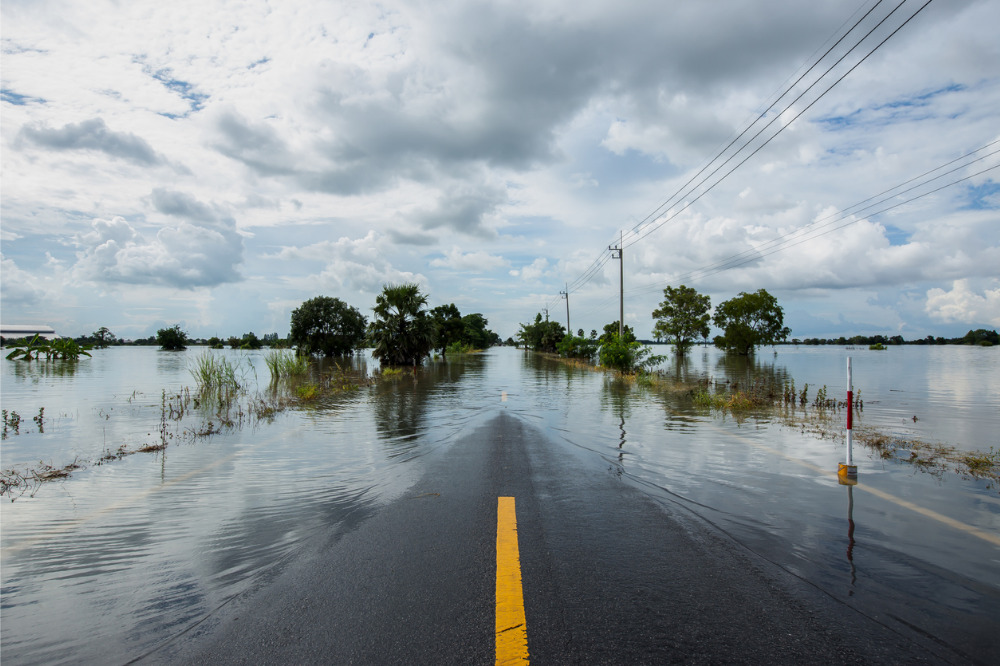Province launches flood preparedness campaign ahead of spring thaw

The unpredictability of weather makes the flood risk hard to predict, Leavitt said, and a quick rise in temperature along with heavy rain could significantly raise the risk.
The River Watch platform is designed to help residents stay informed of the current water levels and assess their flood risk. The platform provides information on water levels, snow depth, ice movement, and other important factors that affect flooding in the region.
In addition to using the River Watch platform to monitor their risk, he urged residents to be prepared for potential washed-out roads or power outages. He advised them to stock up on extra food and water and to move their belongings to higher ground to mitigate damage to their property.
“We’re hoping that we don’t have major overland flooding this season,” he said, as cited by CBC News. “But you know, hope is not a plan. We have to expect possibly the worst.”
In 2018, the communities situated along the St. John River experienced extensive flooding that led to millions of dollars in property damage. The following year, flooding from the river impacted homes and blocked access to roads.
River Watch 2023 begins today. / Le programme Surveillance des cours d’eau 2023 débute aujourd’hui.
Details: https://t.co/p4xBTLu6Cw
Détails: https://t.co/bIKU3IMxXX pic.twitter.com/hqWbhpz0Ml
— NBEMO / OMUNB (@NBEMO_OMUNB) March 14, 2023
New Brunswick recently announced that it will be capping financial compensation for homeowners whose properties are repeatedly damaged by climate-related disasters.
The changes will increase the total amount that homeowners can claim to $200,000 for disasters such as flooding and coastal storm surges, up from $160,000. However, once the $200,000 limit has been reached for incidents of the same nature, a notice will be placed on the provincial land registry indicating that the property is ineligible for further assistance after a similar disaster.
Other changes include increasing the maximum payout for structural damage and lowering the threshold at which the government would buy out homeowners affected by floods.
How else can governments help homeowners prepare for severe weather events? Feel free to comment below.





